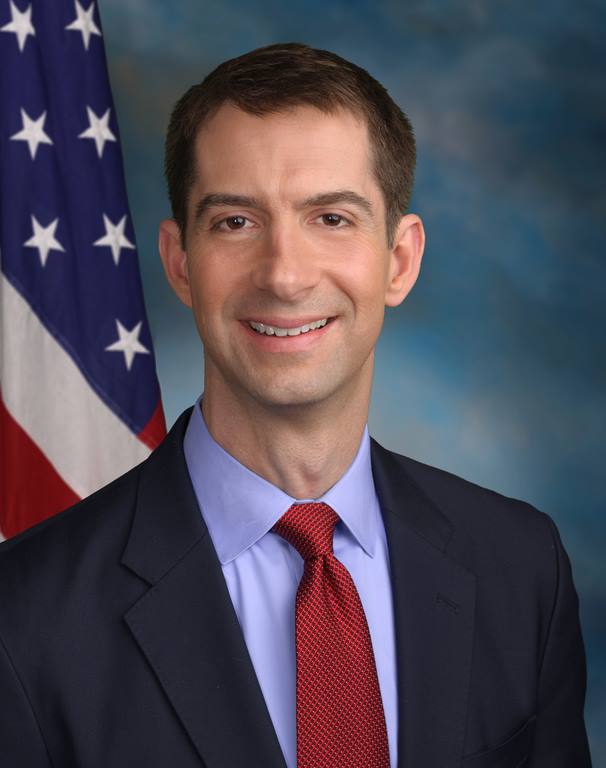U.S. Sen. Tom Cotton Supports Legislation to Protect Girls’ Sports

In late September U.S. Senator Tom Cotton (R — Arkansas) joined other U.S. Senators in co-sponsoring the federal Protection of Women and Girls in Sports Act.
The proposal is intended to protect female athletic programs in America.
In recent years LGBT activists have pushed to let men who claim to be women compete in women’s sports.
In 2014 Fallon Fox — a biological male who identifies as a female — severely injured Tamikka Brents in a Mixed Martial Arts fight.
In public schools around the country, boys have dominated track and field events against girls.
And last year a biological male who claims to be female won the female Cycling World Championship.
Letting boys compete against girls threatens to undermine women’s sports in many schools and communities. In some athletic events it can put female athletes at increased risk of injury.
The federal Protection of Women and Girls in Sports Act would help protect female athletes and athletic programs.
In a written statement, Sen. Cotton said,
“At their best, sports teach our kids fundamental lessons about fairness and integrity in a safe environment — but there’s nothing fair, honest or safe about allowing men to compete in sports leagues designed solely for women. This bill will preserve the sports leagues and teams that allow women and girls to excel as athletes. And it will defend the commonsense principle that women’s sports are for women. It’s tragic but unsurprising that such a defense is necessary.”
Ten years ago very few people could have imagined that legislation like this ever would be necessary. Unfortunately, unless a measure like the Protection of Women and Girls in Sports Act passes, women’s athletics may become a thing of the past in many communities.
Click here to read the Protection of Women and Girls in Sports Act.
You can thank Sen. Cotton for co-sponsoring this legislation here.



